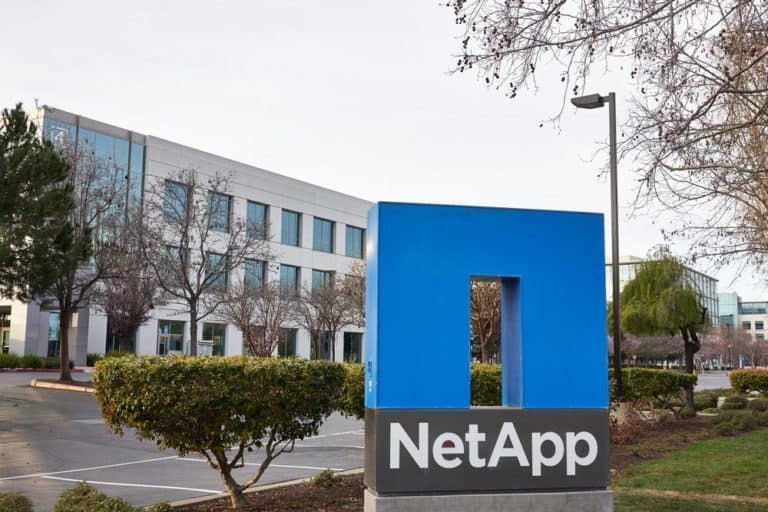The release of Spot Wave, a data management service for Apache Spark, is NetApp’s way of adding Azure Kubernetes Services to the list of Kubernetes-orchestrated container app deployment services supported by Spot Ocean.
NetApp acquired Spot and its containerized app deployment tech in June 2020, enabling NetApp to have containerized app deployment services as part of its portfolio, based on finding the lowest cost or spot compute instances that met service level agreements.
NetApp’s VP and GM for Spot, Amiram Shachar, spoke in a statement saying that this tech is necessary for organizations.
Finding the right balance
Shachar said that organizations must strike a balance between cloud infrastructure, performance, cost, and availability, so they can operate at optimal levels of efficiency. The thing is, it is not easy to find that balance.
Spot Wave and Ocean are solving this problem by providing a serverless experience for Spark, for continuous optimization.
The Spot engine is said to be AI-powered and is the foundation of NetApp’s Spot Ocean, which supports Elastic Kubernetes Service (EKS), Amazon Web Services Elastic Container Service (AWS), and Google Kubernetes Engine instances.
What else is new?
Spot Wave expands Spot Ocean to automate the deployment of Apache Spark big data apps on the Big Three clouds. With Spot Wave, provisioning, deployment, autoscaling, and optimization are all automated.
The users do not have to set up server instances in the cloud manually. Wave runs Spark jobs on the clouds’ containerized infrastructure, by combining spot, on-demand, and reserved instances.
This can lead to savings of up to 90% on costs, compared to using just on-demand services alone. It seems NetApp’s Astra data management suite for Kubernetes workloads may be used to develop containerized apps so they can be run by Spot.
Tip: NetApp focuses on simpler storage and data services for multi-cloud
